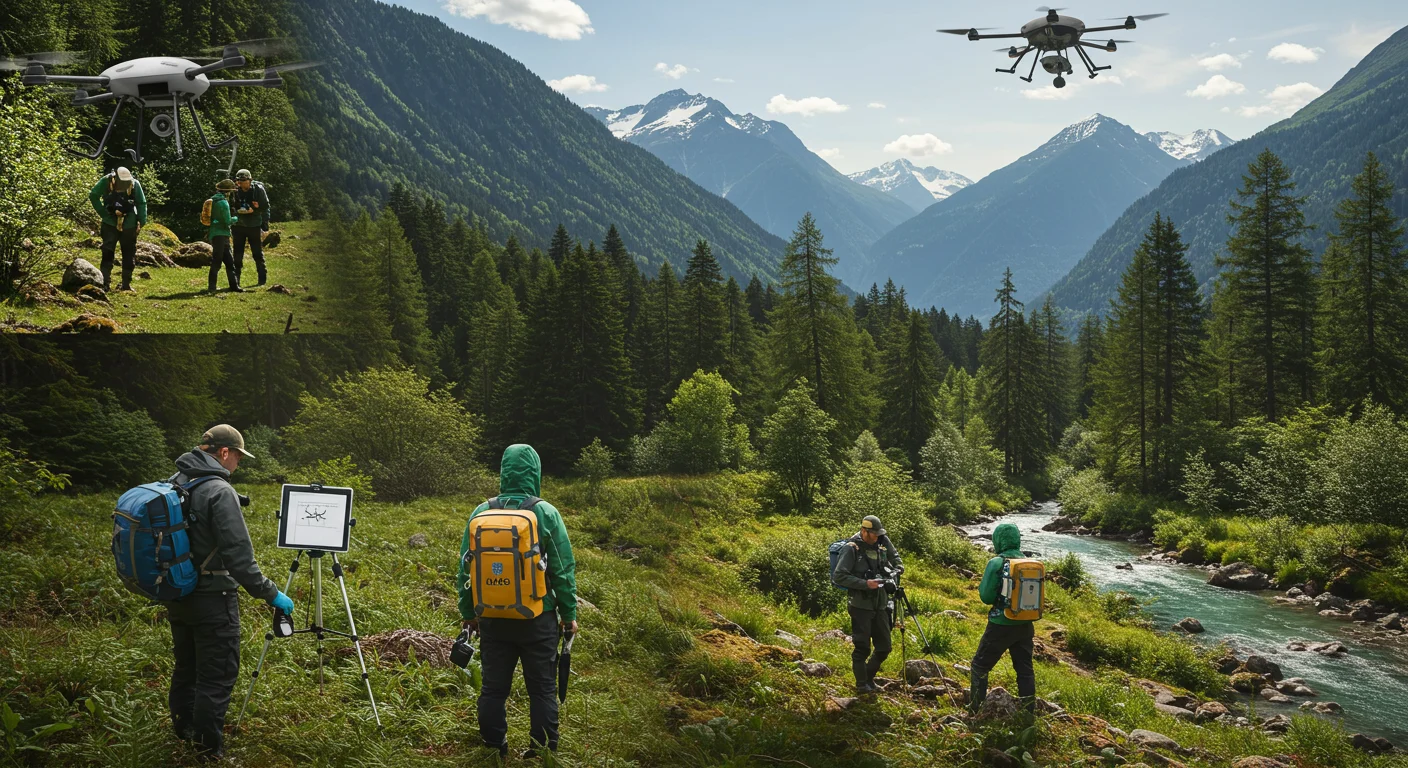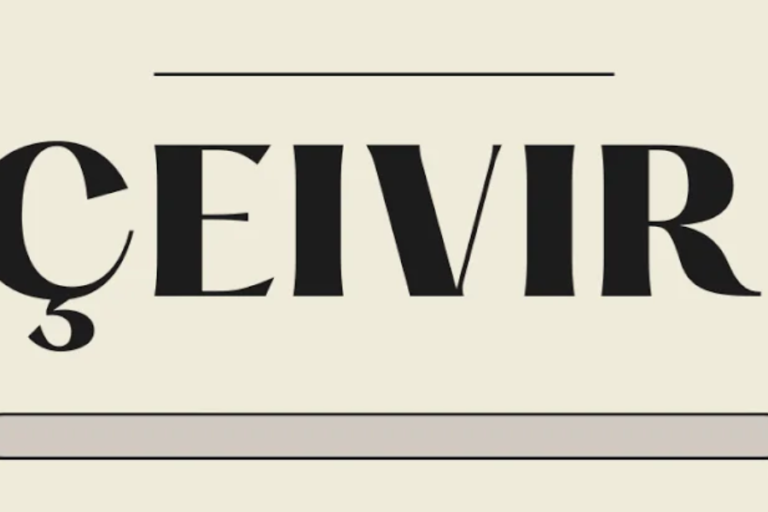Understanding Aurö: A New Voice in Environmental and Resource Economics
Economic decisions related to natural resources have never been more critical. One initiative that stands out in this space is Aurö — a platform born out of the need for more structured and dedicated discussions in environmental and resource economics, particularly in the context of the German economy. Though still emerging in broader global awareness, Aurö is carving out a unique and essential role.
What is Aurö?
Aurö is more than just a think tank or academic group. It is a space for scholars, professionals, and policymakers to come together around one central theme: the economics of our natural world. Founded to fill a specific gap in academic and policy-oriented dialogue, Aurö creates opportunities for collaboration and conversation focused on how environmental and resource economics interact with economic systems, especially within Germany.
The Origin and Purpose of Aurö
The origin of Aurö lies in the recognition that environmental concerns are no longer just the domain of climate scientists and activists. Economists, particularly those working in policy-making, energy, and agriculture, now play a pivotal role in shaping the future of our planet.
Aurö was founded to provide a platform where these discussions can happen with clarity and focus. While many academic conferences touch on environmental issues, Aurö puts this subject at the center of its work. This includes detailed discussions about how policies affect natural resource use, how economics can shape environmental behavior, and how the environment can be protected through smart economic planning.
Environmental Economics: Why It Matters
Environmental economics is the study of how economic activity affects the environment and how economic tools can be used to solve environmental problems. Traditional economics often overlooked the impact of resource use and pollution. However, with rising awareness of climate change, water scarcity, and land degradation, economists have begun to play a crucial role in finding solutions.
Aurö supports this by providing a dedicated space for discussing:
- Market-based solutions like carbon pricing
- Environmental taxation
- Public policies to manage renewable and non-renewable resources
- The economic valuation of ecosystem services
Through its meetings, publications, and academic exchanges, Aurö pushes these ideas forward in a collaborative way.
Germany’s Role in Environmental Economics
Germany has long been a leader in environmental policy, known for its transition to renewable energy, waste management systems, and green urban planning. However, this leadership requires constant innovation and informed decision-making. Aurö serves this role by acting as a bridge between research and policy.
German economists, universities, and environmental institutions collaborate under the umbrella of Aurö to explore pressing challenges. This includes:
- How to ensure sustainable forestry and agriculture
- Managing water resources amid growing demand
- Supporting biodiversity through land-use policies
- The economics of the energy transition
Resource Economics: Managing What’s Finite
Resource economics deals with how to use resources like water, soil, air, forests, and minerals in a sustainable way. These are often limited, and poor management can lead to environmental damage and economic loss. Aurö’s discussions often include how to allocate these resources efficiently and fairly.
For example, Aurö may explore how pricing models can help conserve water or how subsidies in agriculture can be restructured to reduce overuse of fertilizers. These topics aren’t just academic — they directly affect how resources are managed in practice.
Aurö as a Community of Practice
What makes Aurö different is its community model. Rather than being limited to a single university or research institute, it brings together experts from across Germany — and beyond — who share a common interest in environmental and resource economics.
This includes:
- Academic researchers publishing in environmental journals
- Government officials designing climate policies
- NGO representatives working on conservation
- Students and young professionals entering the field
Through workshops, annual meetings, and paper presentations, Aurö becomes a learning ground for everyone involved.
How Aurö Shapes Policy
Ideas and research discussed at Aurö don’t stay in academic papers. They often become part of larger policy discussions at the national and regional levels. By working with economists who understand both the theory and the practical challenges, Aurö helps ensure that economic decisions are both environmentally sound and economically efficient.
For instance, discussions at Aurö may influence how local governments handle zoning, forestry, or flood risk management. The organization also helps evaluate the cost-benefit of proposed environmental regulations.
The Importance of Interdisciplinary Work
Environmental and resource problems don’t respect academic boundaries. They involve science, economics, law, politics, and even ethics. Aurö reflects this reality by encouraging interdisciplinary research and dialogue. It invites contributions from environmental scientists, legal experts, and engineers, ensuring that solutions are practical and well-rounded.
This broader approach makes Aurö a modern organization, one that understands complex problems require diverse perspectives.
Educating the Next Generation
One of Aurö’s silent but important missions is to inspire and educate young economists. Environmental and resource economics is a growing field, and new minds are needed to drive change. Through seminars, calls for papers, and special student events, Aurö gives younger professionals a chance to learn and contribute.
By investing in education and training, Aurö helps ensure that environmental thinking becomes a normal part of economic decision-making in the future.
Future Challenges for Aurö
While Aurö has created a strong foundation, the future presents new and complex challenges:
- The economic cost of climate adaptation
- Balancing economic growth with sustainability goals
- Shifting to circular economies
- Dealing with migration driven by environmental change
Aurö is expected to remain at the center of these discussions, offering both critical insight and constructive solutions.
Why Aurö Matters Now More Than Ever
Environmental and resource issues are no longer distant problems. They are shaping economies, politics, and everyday life. From water shortages to rising energy costs, the link between environment and economics is now undeniable. In this context, Aurö plays a vital role by fostering serious, informed, and forward-thinking discussions.
Aurö is not just a name. It is a platform for change, a space for knowledge, and a tool for better decision-making. Its impact may be centered in Germany for now, but the lessons and approaches it promotes are valuable globally.
As the world continues to navigate complex environmental and economic challenges, platforms like Aurö offer a glimpse into how thoughtful dialogue and research can shape a more sustainable future for all.






